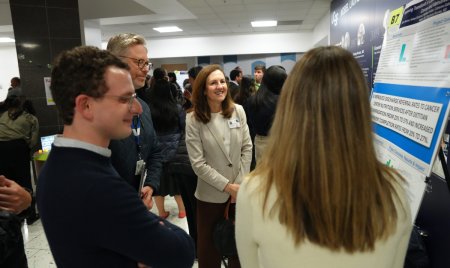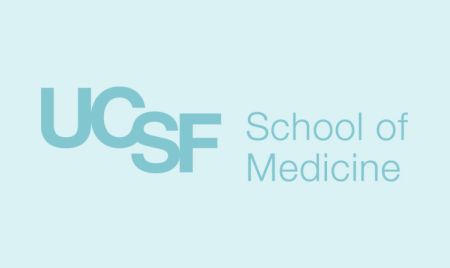Looking Back on 30 Years in Medical Education: An Interview with Kevin H. Souza, MS
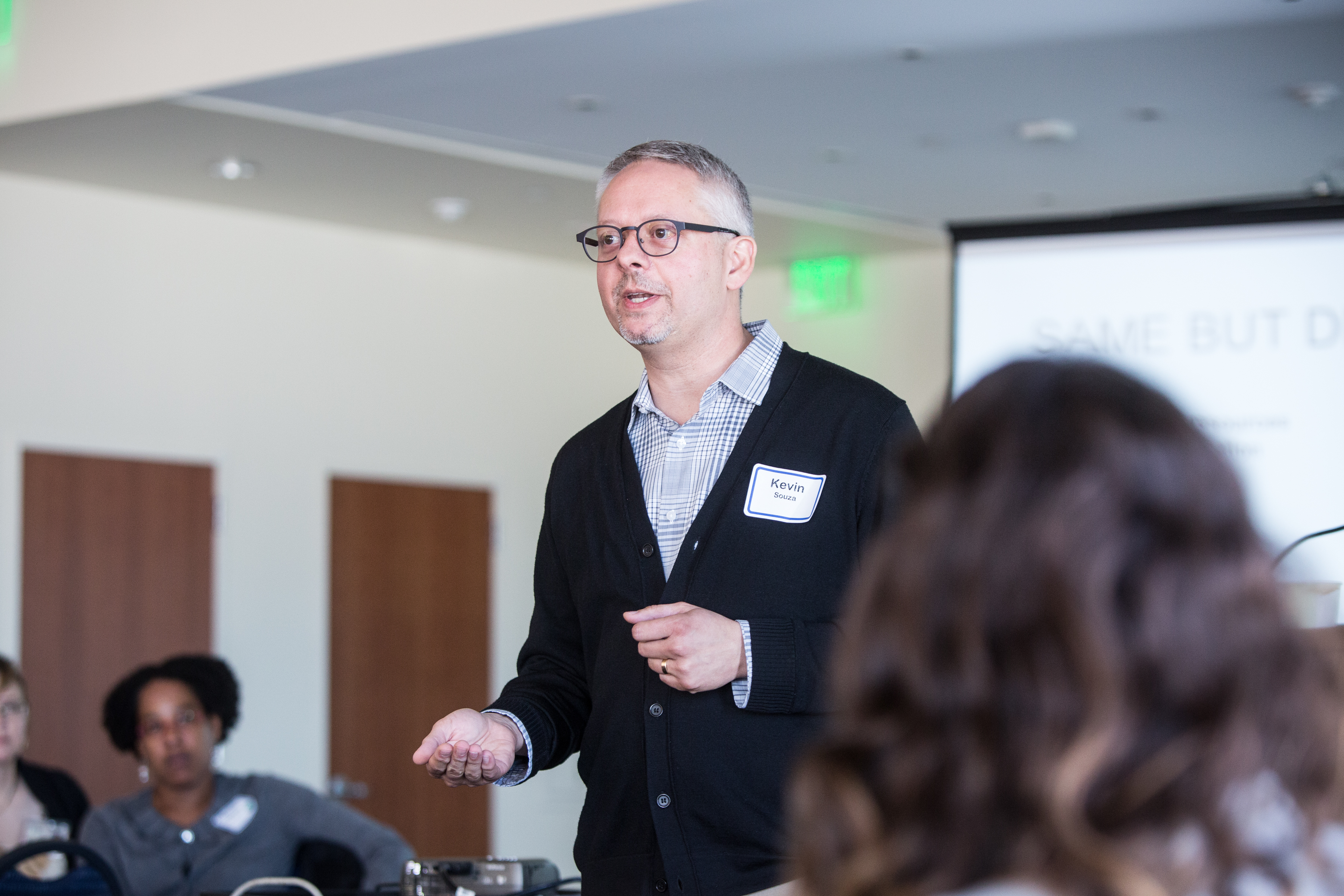
Kevin H. Souza, MS, former Associate Dean for Medical Education and Chair of UCSF IT Governance will retire from UCSF at the end of June 2023.
Please join us in thanking Kevin for his 30 years of service to UCSF and for developing innovative educational technology programs, building the infrastructure to support our world-class medical education programs, and transforming IT Governance into an impactful and respected branch of leadership. We wish Kevin well in his retirement, which he plans to devote to supporting Bay Area LGBTQ+ youth communities and low-income food entrepreneurs, through volunteer and consulting work.
We recently asked Kevin for his perspective on the evolution of medical education during his career at UCSF.
What led you to a career in medical education?
I have always loved the life sciences. In college, I majored in biology, focusing on plant and animal sciences. I also completed minors in paleontology, chemistry, and integrated humanities. When I was a graduate student studying biology at Vanderbilt University, I had the opportunity to teach biology 100 labs for first-year biology students and delivered lectures in plant biology. I loved teaching and realized that I wanted teaching and the discipline of education to be part of my long-term career.
After two years of working in biomedical research, developing a reversible male contraceptive, in the division of endocrinology at Vanderbilt, I joined the U.S. Peace Corps. I accepted a position as Lecturer in Biology at the University of Malawi in Zomba, Malawi. My experience as a lecturer and a member of the curriculum design team for Malawi’s College of Medicine solidified my passion for life sciences, teaching, and a mission-driven career path with health professions education.
Upon returning to the United States in 1991, I steadily worked towards a career in health professions education. I joined UCSF in 1993 to manage a research lab in the Department of Psychiatry. In 1995, I joined the School of Medicine Office of Medical Education as an administrative analyst I.
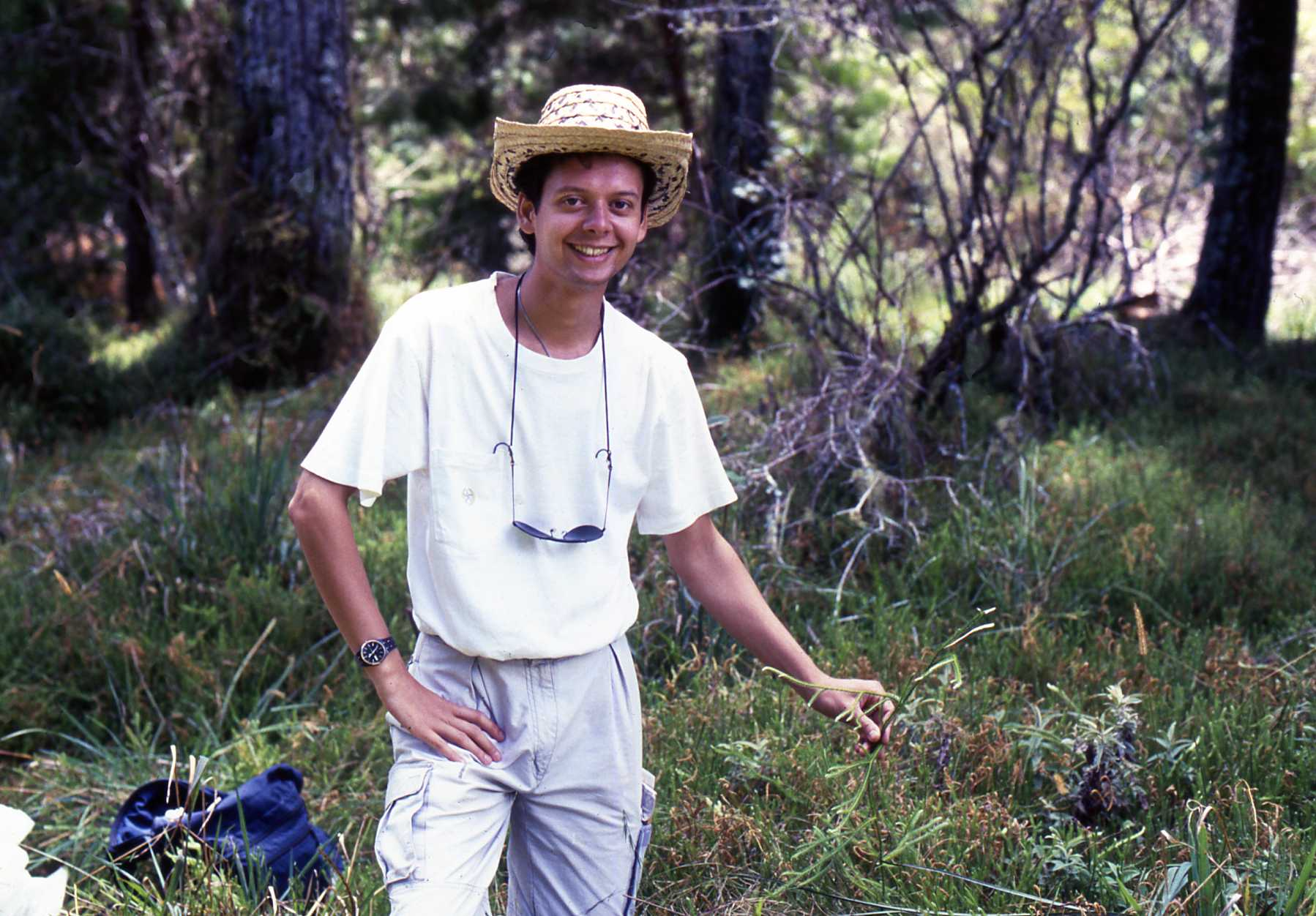
What kept you interested in medical education for the last 30 years?
For me, being mission-driven is paramount. Every day, I am inspired by our mission to educate the physicians that California and the world need to alleviate suffering and reduce the burden of disease. In addition, my colleagues inspire me. I am lucky that my colleagues are some of the most extraordinary and inspirational people I have known.
What are the biggest transformations in UCSF medical education in the last 30 years?
When I started working in medical education at UCSF, our curriculum was primarily a disjointed, uncoordinated set of disciplines taught without a direct connection to clinical medicine. Students took department-based courses with little context of how these sciences related to clinical medicine.
In the late 1990s, under the leadership of former Vice Dean for Education David Irby, Ph.D., we transformed into an integrated curriculum where all the sciences were woven around clinical cases. Students learned the science relevant to clinical presentations. We were one of the first medical schools to adopt this style of medical education. From 2001-2015, the basic footprint of our curriculum was adopted at medical schools nationwide.
In 2012, under the leadership of former Vice Dean for Education Catherine Lucey, MD, we completely revised the 2001 curriculum. As a medical education leader, UCSF was able to improve and push the field forward. We took an already excellent curriculum and made it better, focusing on improving the healthcare system, promoting interprofessional care, inspiring the habits of mind of discovery, and grounding our graduates in the sciences. The result is the transformational Bridges Curriculum, that prepares our graduates to address California’s diverse population’s 21st-century healthcare needs.
Equally important during these years has been the professionalization of our medical education staff. Our staff members are valued as partners in developing, delivering, and supporting our curriculum, faculty, learners, and each other. Our staff members often participate in scholarship and are viewed by outside educational leaders as an essential ingredient in UCSF’s “secret sauce.”

Looking back at your career at UCSF, what are you most proud of?
I am most proud of the development of our highly professional medical education staff members; they are indispensable members of the UCSF education community. In 1995, there were approximately 25 medical education staff members. During my UCSF career, we have seen medical education staff increase to 115 and their impact on the field of medical education far exceeds their numbers.
I am also proud that our graduates serve as influential health policy leaders and biomedical scientists whose leadership and discoveries improve the lives of countless people worldwide.
I am humbled by the fact that we have educated 5,000 physicians during my 30 years here. While the number of patients a physician will see during 30 years of practice can vary greatly, the AMA estimates that the average primary care physician sees 70,000 patients during their lifetime. If these 5,000 physicians were to see even half that number, 175 million people would have been cared for by the doctors we trained.
What are the important factors influencing medical education today?
Globalization significantly impacts human health, i.e., pandemics are likely to become more common. The primary goals of our Bridges Curriculum, especially the habits of mind of discovery, will produce physicians who are prepared to stand at the edge of our understanding of human disease and seek the answers to healthcare challenges that await us.

Healthcare must dismantle the structural racism and oppression built into its basic fabric. In the same way that UCSF leveraged its excellence in medical education to build the Bridges Curriculum, we are capable of addressing structural racism in healthcare and building a more equitable environment that promotes a sense of belonging for all patients and providers alike.
What led you to a role in Information Technology (IT) Governance?
Although I have no formal technology training, I have always embraced it as a tool to empower our work. I was an IT Governance member since its earliest days in 2001, helping to shape technology's administrative and educational uses in health professions education. I was driven by a deep desire to raise the quality of all academic programs through improved technology and data systems.
When the opportunity to step into the Chair of IT Governance role presented itself in 2017, I accepted it knowing that the foundations of education theory and pedagogy underpin all mission areas at UCSF. Technology should be empowering, and my role in IT Governance would allow me to serve the needs of administrators, researchers, care providers, and educators. My lack of formal training as an IT specialist made me acutely aware of how inaccessible technology can be to everyday users. I wanted to build a culture of IT Governance for the people, one free of cryptic technical jargon. I have sought to find technology solutions that reduce the friction in our daily work and accelerate our treatment of patients, the discovery of new knowledge, and the education of the finest health professionals in the country.
How does your work with IT Governance influence medical education and vice versa?
Through my role in IT Governance, I have had the chance to partner with campus leaders to change how IT works at UCSF. This has led to creating new Associate Chief Information Officers to support the technology demands of education, research, health, etc. The new Associate Chief Information Officer for Education, Maggie Beers, is responsible for identifying and implementing IT solutions to empower the education community at UCSF. Technology is critical to the future of education. Having a central advocate who understands both technology and education, who can partner with medical education’s Executive Director for Technology Enhanced Learning, Chandler Mayfield, assures that the education programs at UCSF will continue to be world-class.
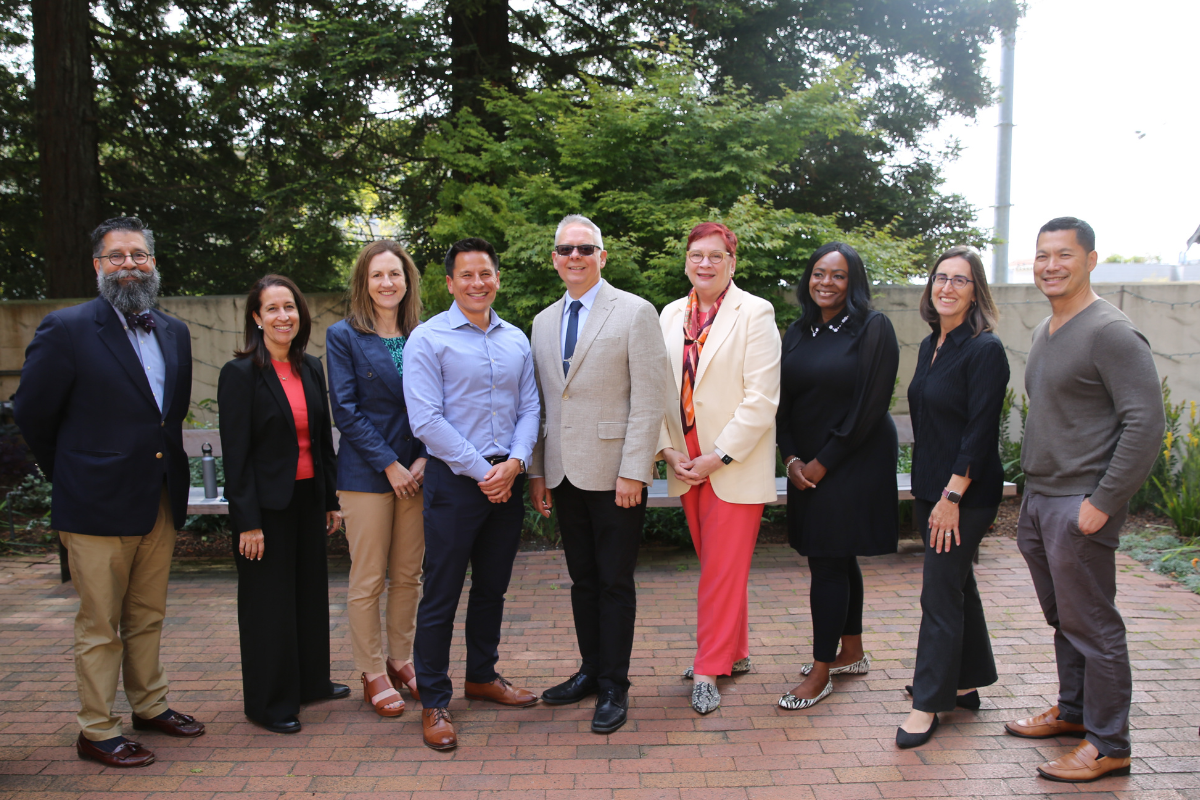
Any final thoughts you would like to share with the UCSF medical education community?
As employees of medical education, you are not just supporting players in our organization. Instead, each of you is a principal contributor. Regardless of your role, everyone is crucial to our mission to shape the next generation of healthcare professionals. A collaborative and inclusive work environment that values the unique contributions of each team member is critical to our success. By recognizing and empowering the expertise of all our employees, we will continue to innovate and advance the field of medical education.
